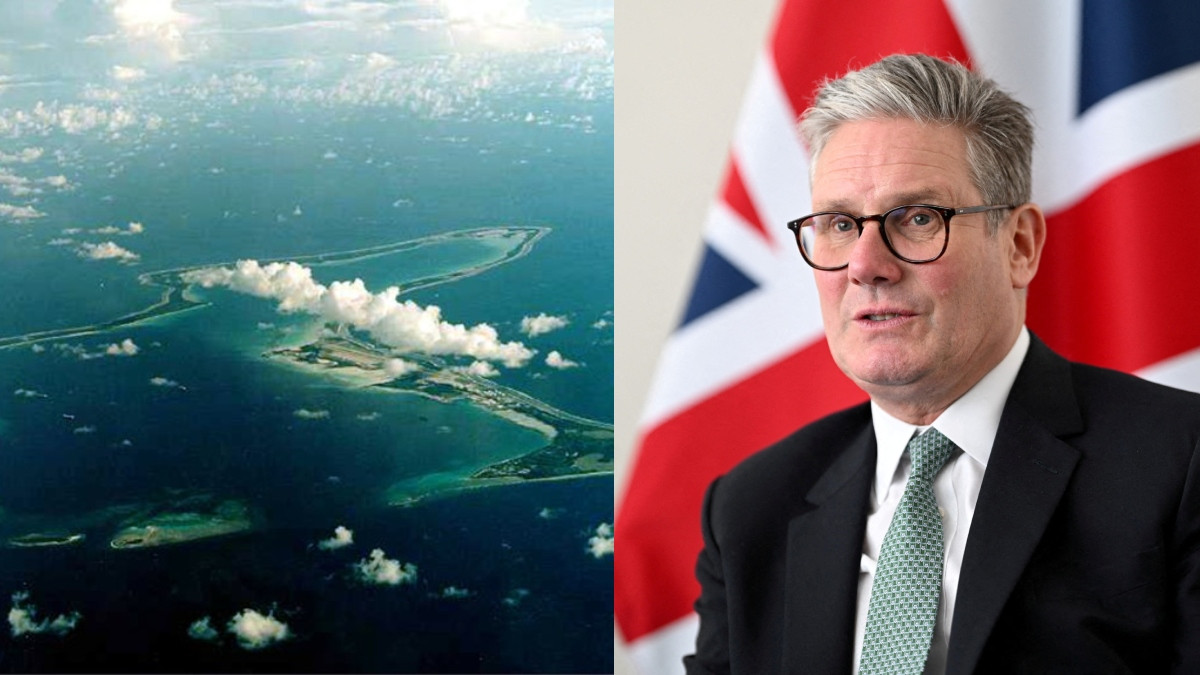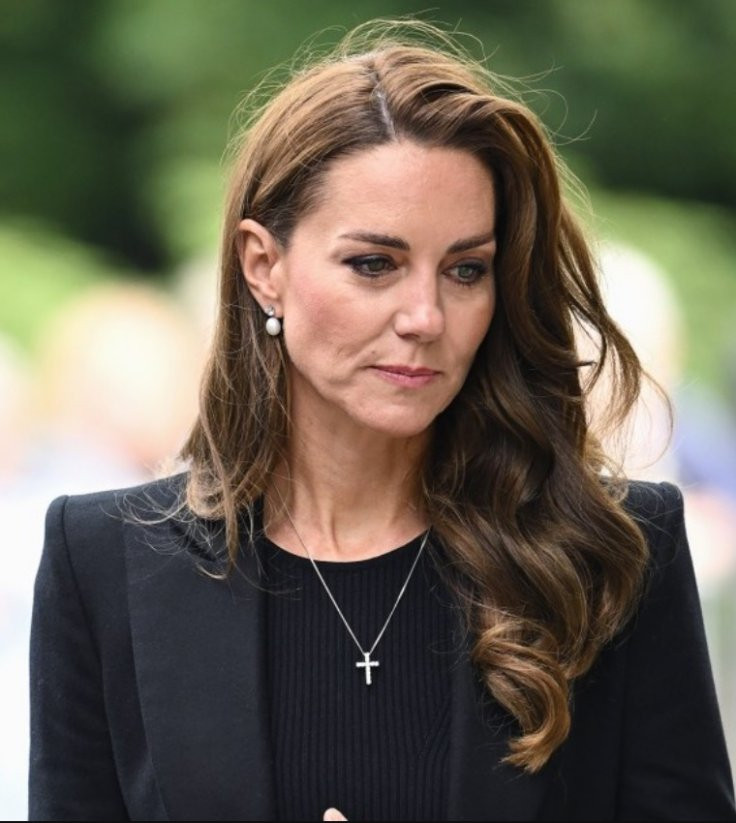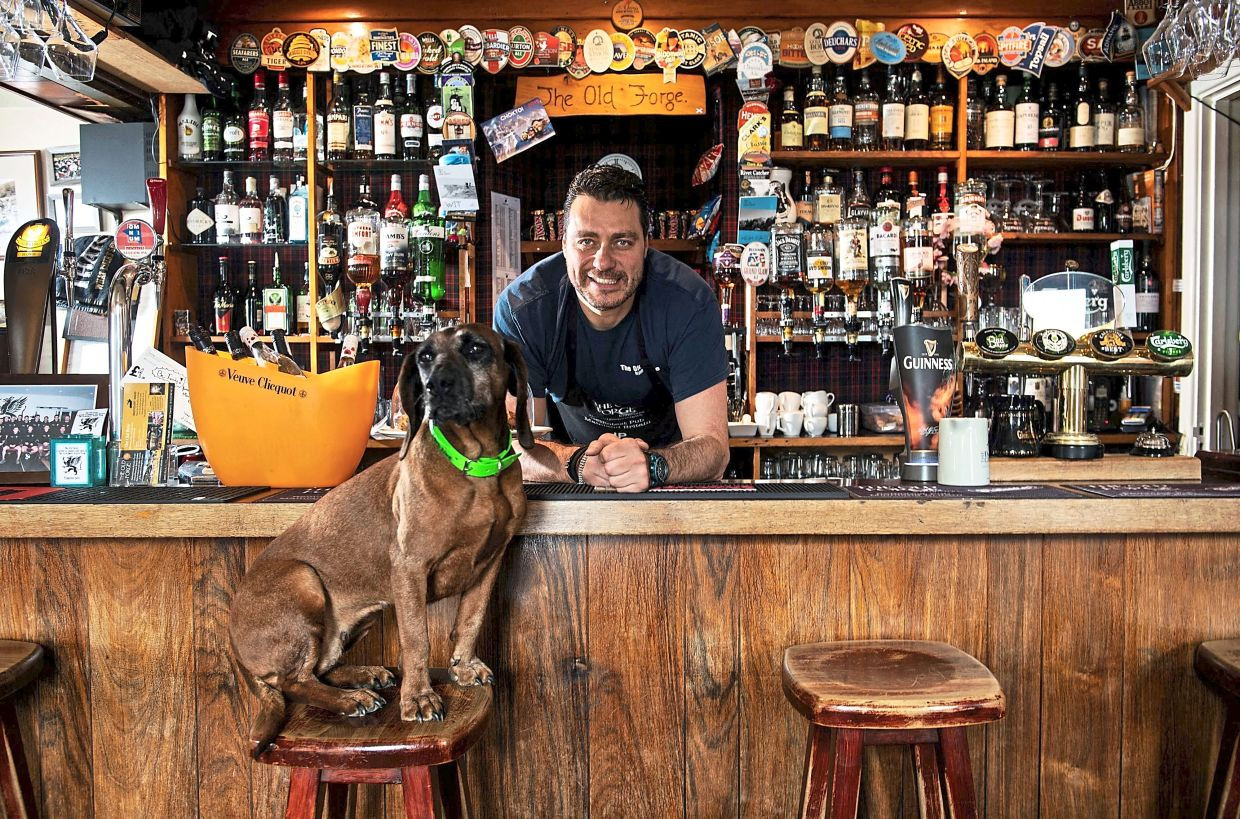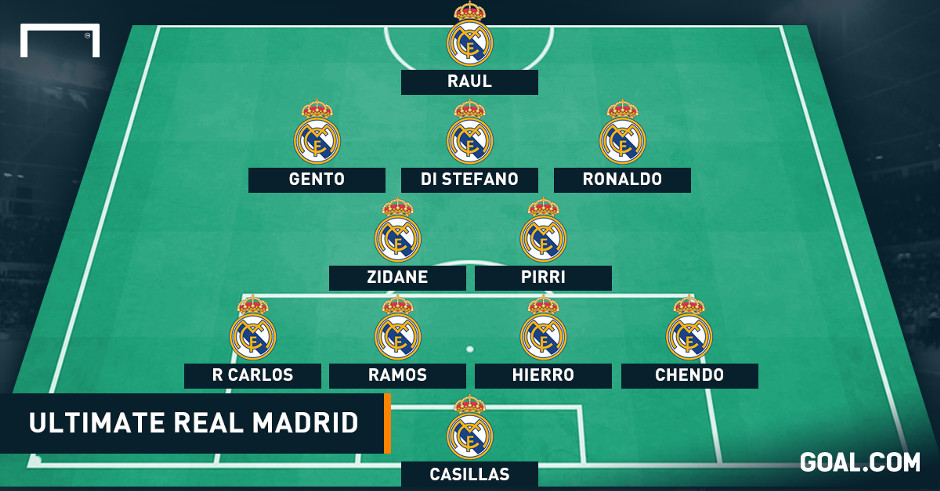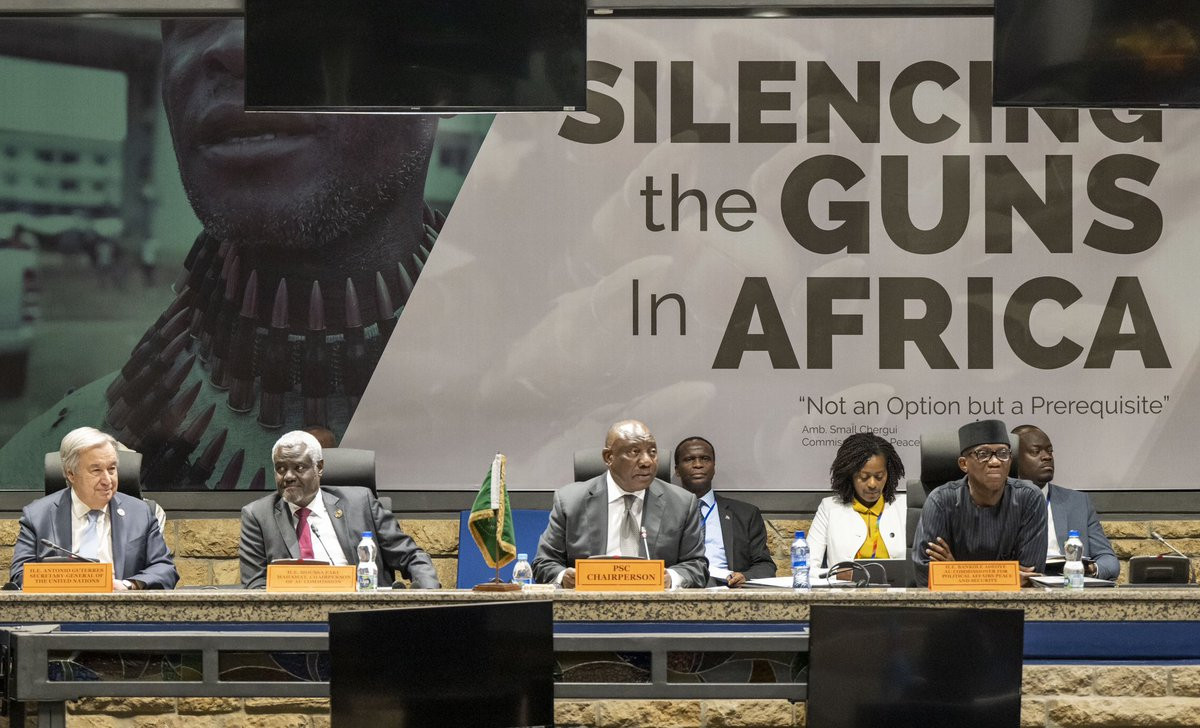China benefits over America in a recent agreement between the United Kingdom and Mauritius over the sovereignty of the Chagos Archipelago, seven atolls comprising about 60 islands in the Indian Ocean. The agreement’s end result is a strategic loss for the U.S. that releases the U.K.’s sovereign control over the archipelago to Mauritius, including the island of Diego Garcia—home to a key military base.
The agreement includes U.K. support to Mauritius for economic welfare and maritime security in the archipelago. By maintaining an economic relationship with Mauritius, some British soft power is preserved. However, the deal leaves the Chagos Archipelago vulnerable to Chinese influence after over half a century of the U.K.’s stabilizing control over the islands in the Indian Ocean.
Of most concern is the increased vulnerability of the strategically important U.S.-U.K. military base on Diego Garcia, the largest of the islands in the Chagos Archipelago. Known formally as the Naval Support Facility Diego Garcia, it is a joint base used by the U.K. Royal Navy as well as the U.S. Navy, Air Force, and Space Force. The base’s location makes it valuable for U.S. operations in the Indo-Pacific theater. Diego Garcia is about 1,000 miles south of the nearest land mass (Sri Lanka) and about halfway between East Africa and Indonesia, making the base a military asset for both the Middle Eastern and Asian areas of operation.
Diego Garcia allows access so that ships and aircraft may be serviced as well as for intelligence-gathering on nearby adversaries. The military base there served as a logistical hub for U.S. intervention in Afghanistan, housing bomber aircraft that directly supported American operations. The island’s relatively small population also has allowed a veil of secrecy in military strategy, which now is threatened.
The new sovereignty agreement between the United Kingdom and Mauritius doesn’t mean the end of U.K. and U.S. access to the military base on Diego Garcia. The deal allows the U.K. to exercise control of the base for the next 99 years, with Mauritius having sovereignty over the island. The U.K. officially says the agreement means that “the status of the base will be undisputed and legally secure” for the first time in 50 years and argues that “without today’s agreement, the long-term, secure operation of the military base would be under threat.” However, the claim that access to the base was under threat before the agreement is dubious at best, and false at worst. Relinquishing access requires the U.K.’s consent, and Mauritius is incapable of denying access by force.
Although the agreement may secure U.S. and U.K. military interests, it doesn’t deny the fact that Mauritius receives hefty subsidies from China that inevitably will creep into the Chagos Archipelago. In the past decade, Chinese investments in Mauritius have exceeded $1 billion. In 2019, Mauritius and China struck a Free Trade Agreement giving China economic access to accounting, architectural services, education, medical services, research and development, energy, real estate, port development, and artificial intelligence. Now that the Chagos Archipelago is under the sovereign control of Mauritius, Chinese influence inevitably will infiltrate the island chain, making it an important concern for the U.S. Should China control the islands’ infrastructure, energy, and ports, among other things, the communist regime would have improved access to gather intelligence on U.S. military assets. The U.S. should take keen notice of this likely possibility.
In fact, the U.S.-U.K. military presence on Diego Garcia is the reason for lessened Chinese involvement on the island. A withdrawal of forces and a turnover of the base to Mauritius could create a vacuum that China likely would fill. Besides being a concern for U.S. national security, Chinese influence on the islands certainly will harm the Mauritian economy. Past examples of heavy dependence on China leading to economic and social disaster are seen throughout Latin America, including in Costa Rica, Argentina, and Ecuador. China uses economic coercion in the form of trade agreements to advance its own national interests, including military espionage, and abandons such deals as soon as its interests no longer align. The U.S. and U.K. must be wary of this fact.
For the sake of national security, the United States must take appropriate measures to ensure that Mauritius reduces its dependence on China. The goal is to mitigate the risks posed by the boost to Chinese soft power in the U.K.-Mauritius agreement and to prevent future agreements that threaten U.S. interests, including U.K. control of Gibraltar.
The Chagos Archipelago: A Historic Turning Point
The Chagos Archipelago is a remote, mostly uninhabited, group of approximately 60 atolls scattered across the Indian Ocean. The largest of these, Diego Garcia, is home to one of the most secretive and strategically significant US military bases in the entire Indo-Pacific region. The base and the islands have a notorious past. After being settled by the French in the 18th Century, this highly dispersed group of islets was ceded to the British in 1810. Following the British excision of the Chagos Archipelago from the soon-to-be independent Mauritius and Seychelles in 1965 to create the British Indian Ocean Territory (BIOT), the US and UK signed a bilateral agreement in 1966 to create a US military facility on Diego Garcia. Between 1965 and 1973, the British, backed by the US, forcibly displaced the Chagossians from the Archipelago, so that the military base could operate in upmost secrecy.
The Chagos Islanders and Decolonisation
On first appearance the UK government’s announcement to return the Chagos chain to Mauritius, on condition that the American military’s lease of Diego Garcia be extended by a further 99 years would appear to close this shameful chapter in the Anglo-American alliance. However, the nature of this agreement between London and the Mauritian capital, Port Louis, is highly contentious for multiple reasons. Perhaps most significantly, as we explain below, the plight of the Chagossians themselves has been grossly overlooked in the wake of fears about ceding long-term geostrategic advantages to China and a process of political correctness that involves grandstanding the idea of decolonisation whilst at the same time largely ignoring those who have been most adversely affected by colonialisation.
The Chagos Islands as a pawn in the Anglo-American alliance
In recent decades, particularly following the UK’s Brexit from the European Union, the former colonial power has found itself increasingly isolated at the UN and other international fora when it comes to retaining sovereignty over its distant overseas territories. The Chagos Islands are one such example. Since Mauritian independence, Port Louis has consistently reiterated its claims to the islands, gaining support from the wider international community, including, crucially, its largest overseas investor, China. Security observers suggest that the increasing levels of financial investment from China – upward of a billion dollars – are likely to mean that Beijing has considerable real-world influence in the political affairs of this small island nation. As such, with the US and its allies identifying the Indian Ocean rim as a key area of geostrategic competition, concerns have been raised over what this means for wider regional security. This includes longer-term questions about how loyal to any agreement Mauritian and Chinese authorities are likely to be. Certainly even minimal impact upon the running of Diego Garcia would raise alarm bells, as a vital launch pad for bombers and personnel transiting into conflict zones. It is extremely unlikely, not to mention impractical, under the terms made publicly available that Mauritius would suddenly renege on its word and seek to expel US forces from Diego Garcia to be replaced by China’s People’s Liberation Army Navy (PLAN). Nevertheless, even in the short- to mid-term, it might potentially increase the vulnerability of sensitive information, as various areas of non-traditional security could be compromised following administrative oversite being re-assigned from the British Foreign Office to Mauritian authorities. Furthermore, the impediments preventing China’s maritime development of other uninhabited clusters within the Chagos Islands have seemingly been reduced by placing them under the administration of an economic ally. For example, future legal amendments could pave the way for Beijing to create civilian logistics hubs equivalent to the reclaimed land structures now populating China’s infamous 9-dash line in the South China Sea. These would be adaptable and could thereafter be transformed into de facto PLAN naval bases in the case of increased tensions or the outbreak of conflict.
So, given the potential strategic risks of losing sovereignty over the archipelago, why has the UK done so, evidently with the approval of the United States? This historic deal between the UK and Mauritius has been hailed by both governments and many neutral observers as a triumph for decolonisation. It also comes as part of a wider drive from the new UK Government, led by Prime Minister Keir Stammer, to right historical wrongs. Many of these deeds were committed as a function of colonial conquest and exploitation of the Global South. Handing back the Chagos Islands to Mauritius thereby marks the end of such British colonialism in Africa to powerful symbolic effect. But are the motivations behind this move really so noble? Given the weight of international opinion on the true sovereignty of the archipelago, it is difficult to see what option the British had if they were to maintain their reputation as upholders of international law. Furthermore, The Biden administration feared that Mauritius could successfully seek a binding ruling from the International Court of Justice (ICJ) to seize possession of the islands, threatening the military base’s future. US authorities concluded that it was strategically important for the British to reach an agreement, and informed the new Labour government that failing to do so would jeopardise the ‘special relationship’. This is another example of the Chagos Islanders and Diego Garcia being used as pawns by the Anglo-American alliance. For example, in the 1960s, in exchange for the costs involved in the forceful relocation of the Chagossians and the payoffs made to Mauritius and the Seychelles, as well as to conceal US-UK actions from wider scrutiny, the UK secured a 14 million discount on their purchase of the US Polaris missile system.
The Future of the Chagos Archipelago: A Dream Deferred?
The contemporary UK deal with Mauritius means that American military power projection capabilities will for now (and the next 99 years!) essentially be assured from Diego Garcia at no extra cost. In contrast, bizarrely, having just relinquished sovereignty over the islands, the British government will now presumably be forced to lease any military use it undertakes from the base at cost to UK taxpayers. None of these aspects, or the precise wording and content of the deal, were discussed in parliament, so it is difficult to discern whether this was an ethically sound act by the UK government or one of acquiescence to US strategic security interests that happened to conveniently fit with a politically popular narrative of decolonisation.
From an ethical point of view, one could argue that the Chagossians should have been given the lead role in terms of determining their own future and that of their former homeland. Yet, they have been almost entirely excluded from the process despite the injustices suffered from being forcibly removed from Diego Garcia to Mauritius and the Seychelles. As a result, many Chagossians harbour deep resentment towards not only the British authorities, but also the Mauritians, who failed to either protect their rights as citizens of the islands or provide basic welfare services for them upon arrival. Many died. If the Mauritian government headed by President Roopun is really to be lauded as a bastion of justice and decolonisation, there should surely have been a more concrete commitment by his administration to repatriate Chagossians to their homeland. Instead, this tiny island minority is left with an unspecific plan to make way for their right to return to the Chagos Islands. For most, there is little hope of ever realising that dream. Afterall, political leaders in Port Louis – located over 1000 kilometers from Diego Garcia – might pay lip service to these cruelly victimised former inhabitants, but the country’s tiny budget seems insufficient to invest in the kinds of major infrastructural development that would be required to make the other Chagos Islands habitable, even if supported by a proposed British “package of financial support”.
The Chagos Islands are now in effect part of Mauritius. The decision has been welcomed by political figures and international institutions around the globe as a shining example of constructive dialogue, decolonisation and the rule of international law. This may have won Britain’s new leader brownie points and a chance to grandstand on the global stage as a wise and noble statesman. It also appears to have been endorsed by the US as a relatively low-cost means to secure its key base on Diego Garcia for the foreseeable future and therefore preserve regional hegemony. In the longer term, China’s influence over Mauritius’ fragile economy may allow it to exert a degree of political leverage, or even gain a military foothold in the region. Meanwhile, the return to what was once an idyllic island home of an entire community and the realisation of real justice remains a distant dream. Within current Anglo-American conceptions of security this deal was the best outcome. But let us not pretend that this is anything other than strategic goals taking precedence, with decolonisation serving as window dressing.




